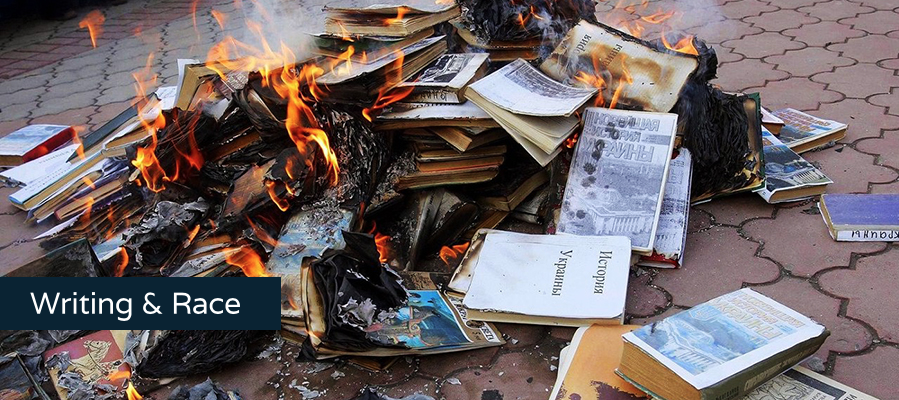This was published in (and written for) Nisi Shawl’s Writing and Racial Identity (Wiscon Chronicles #5)
Aqueduct Press, 2011.
Racial Identity and Writing: Partial Transcript of a Wiscon 2010 Panel
Due to technical difficulties, portions of this WISCON panel discussion were lost. We present what’s left, unedited, for posterity: which is us, for in keeping with a literary gathering dedicated to the Fantastic, all the panelists were dead, in contrast with panels at other conventions where only every other participant is deceased.
The panelists were, in gender-corrected alphabetical order, Octavia Butler, James Baldwin, Emily Dickinson, Samuel Clemens, and Zora Neale Hurston. Salman Rushdie, a no-show, blamed an ineffective fatwa. There was no designated moderator: the dead abjure moderation. It is among their advantages.
Due to an unscheduled fistfight in the hallway, the designated recorder, Ms N. Ebullienfuss, arrived after the discussion was underway.
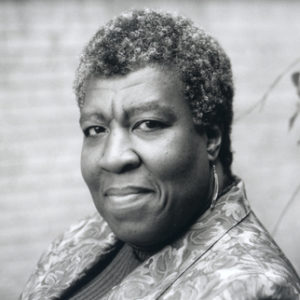
Clemens: … never bothered with such nonsense in my day. A writer was a writer, and that was all.
Butler: Was a man, you mean. Assumed.
Hurston: A white man. Lily white. White as the driven snow. Blacks need not apply.
Baldwin: A straight white man, to be exact.
Clemens: Pish. No one knew. Or cared. Wasn’t an issue.
Hurston: Of course not. It only becomes an issue when the outsider wants in. Then it becomes a struggle. The writer of color has to fight for what the white writer is given.
Butler: Or strive, at least.

Clemens: Isn’t strive what we all do? Color, as you call it, can be an advantage. You stand out. Every writer wants to stand out. I wore white suits.
Baldwin: Loved that moustache, Sam. You and Buffalo Bill.
Butler: It’s a restriction as well. It puts you in a box. You are expected to speak for the Race. You are caparisoned with expectations.
Dickinson: There’s a hard rhyme.
Baldwin: The white writer, on the other hand, because he is still the default writer, is assumed to be speaking for the human race. Universality is a freebie. He’s thought to have no axe to grind.
Clemens: I thought this panel was about you guys. Why is it focusing on me?
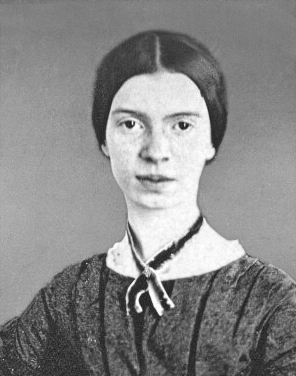
Baldwin: You see? The white writer is not a “racial” writer. He assumes any Race and Writing panel must be about us and not about him.
Hurston: His ethnicity is invisible, like water to a goldfish. He can put it on or take it off at will. Even if he is Jewish or regional, it is assumed he is talking about “larger matters.” Take Faulkner …
Clemens: Faulkner was Jewish?
Dickinson: Is that a cigar?
Clemens: Havana, Miss Emily. Only the best. Would you like one?
A section of the recording is lost due to shouting in the hall.
Butler: … first thing a reader needs to know about a character after her gender? Unspecified, it’s white.
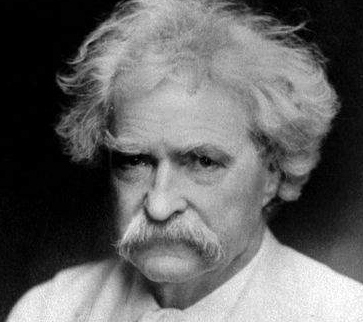
Hurston: So we get Nigger Jim but not Cracker Huck.
Baldwin: And it’s assumed if we introduce a Black character we are writing about Race.
Hurston: Sometimes we are.
Clemens: Of course. This is America. Hell, I wrote about race. It was the subtext of everything American in my day, the blackboard on which the social drama was written.
Hurston: In white chalk for the most part.
Butler: It still is today. But it’s always assumed that we write about Race for more personal reasons.
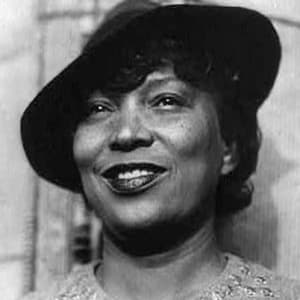
Dickinson: Is that so bad?
Baldwin: It can be a diminishment. I like to think we write for the same reasons as every other damned scribbler: to play God.
Clemens: Bingo. Try one of these. You needn’t inhale.
Thirty seconds of dialogue are lost due to the clashing of swords in the hallway.
Baldwin: Enough about literature. Let’s talk about science fiction. An outsider venue. More inclusive, perhaps.
Hurston: Friendlier, for sure. An easier party to crash.
Butler: True. But I wasn’t forced into SF. The fact is, I always saw SF as a more serious, more expansive literature. It was a better fit than so-called mainstream, which I always saw as a tributary with delusions of grandeur.
Clemens: I like this river talk. I did a little SF myself, but I never got a Big Mac.
Hurston: Just a ham sandwich!
Butler: No complaints here. But think about it: Black female SF writer wins MacArthur. When Jonathan Lethem won, it wasn’t “White guy wins big prize.” It was a bit of a diminishment. Too many modifiers.
Hurston: I like modifiers. Maybe you’re being too sensitive.
Butler: I would claim that privilege too and not have it laid to race or gender.
Baldwin: The bane of the outsider.
Clemens: Outsiders! Aren’t we all outsiders? Doesn’t every writer wear that handy mask?
Hurston: Not all of us. Look at Jane Austen in that snug little circle of English gentry; she was no outsider.
Butler: Look again. A too-clever unmarried girl? I always identified with her outsiderness.
Dickinson: Hear hear, here.
Baldwin: Would someone please ask her to put that thing out?
Hurston: I’m not about to mess with her.
Clemens: So you are saying every writer is a racial writer, it’s just that you are the only ones who know it.
Hurston: Bingo. It’s a gift, dude. A goldfish who knows she’s a goldfish gains a certain perspective. Maybe that’s why white writers never do so well with non-white characters. Nothing personal, but here comes Nigger Jim again.
Baldwin: Along with Queequeg.
Butler: Foils. Or maniacs. Look at Styron’s Nat Turner.
Hurston: On the other hand, who can do white Italians as well as Spike Lee?
Clemens: ‘Scuse me: Coppola?
Hurston: There you have it! Coppola does them as they imagine themselves to be. Spike Lee as they are.
Dickinson: Who’s Spike Lee?
Baldwin: Hey, I thought we were talking about books, not movies.
Butler: Apparently you’ve never been on an SF convention panel before. We always end up talking about movies.
Hurston: No problem. We can’t get books in Heaven anyway, just cable.
Baldwin: Heaven? I thought we were in Hell.
Clemens: Me too. Which reminds me …
At this point, the fight in the hall spilled over into the meeting room, and the rest of the dialogue is lost. Since it was a WISCON panel, it is assumed that all the points of contention were amiably resolved.
(Thanks for your interest in my work. If you enjoyed this little piece, please give a dollar to a homeless person.)

